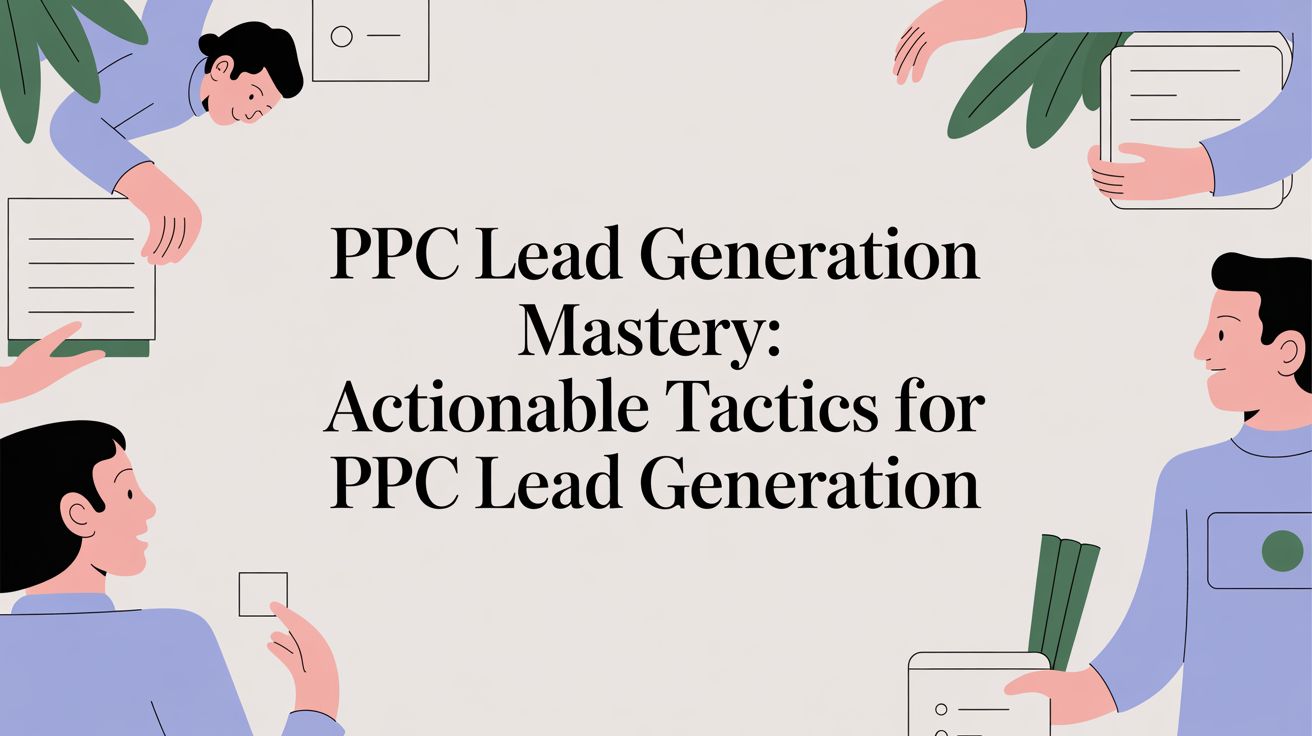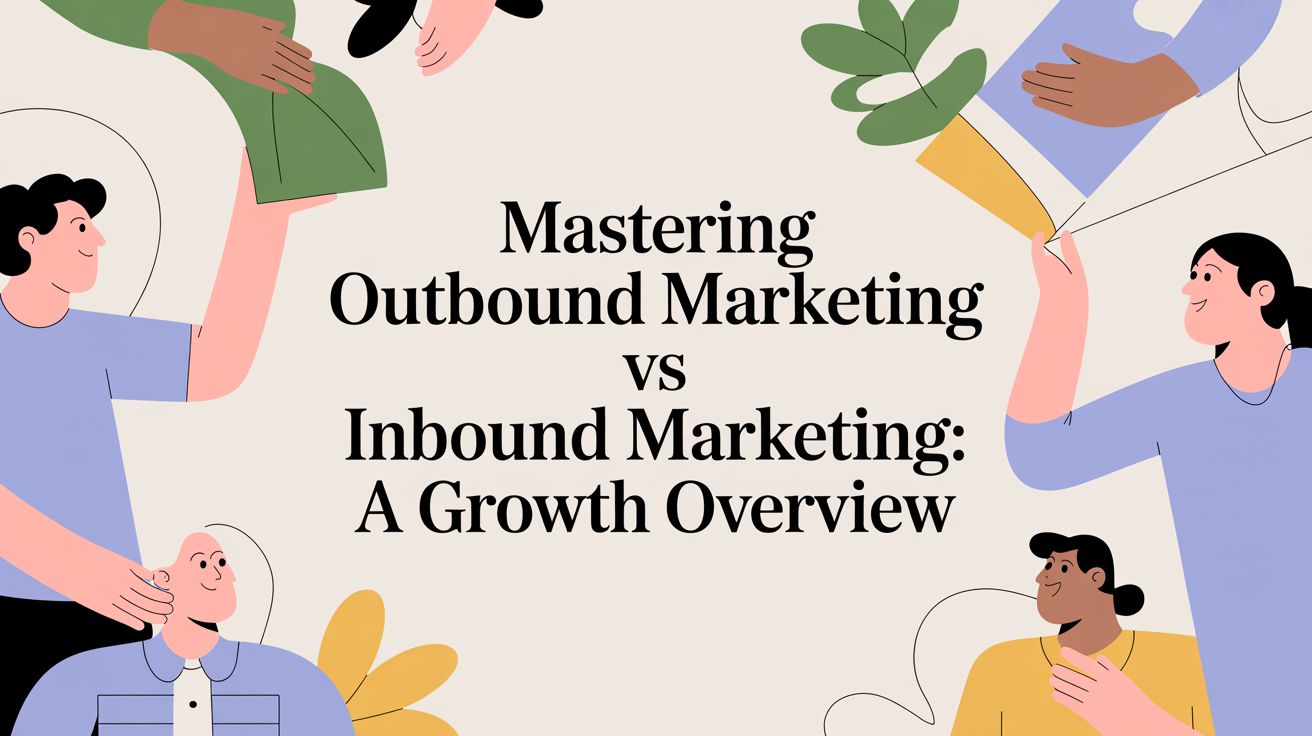Weekly marketing wisdom you can read in 5 minutes, for free. Add remarkable ideas and insights to your inbox, once a week, by subscribing to our newsletter.

10 Things To Know About Paid Ads Campaign Management
Introduction
Running a paid ads campaign involves more than simply choosing some keywords and setting a budget. Effective campaign management is the key to achieving consistent results, maximising ROI, and staying competitive in the ever-changing digital landscape. Whether you’re running ads on Google, Bing, Facebook, or LinkedIn, having a structured approach ensures that your marketing spend works as hard as possible.
In this guide, we’ll explore 10 essential things you need to know about campaign management for paid ads. These insights will help you take control of your advertising strategy, reduce waste, and generate better performance from your digital marketing efforts.
Table of contents:
1. Start With Clear Objectives
Every campaign needs a defined goal. Are you trying to generate leads, increase website traffic, build brand awareness, or drive direct sales? Clear objectives help determine everything from ad copy to landing page design. Without a goal, your campaign lacks focus, and measuring success becomes difficult.
These objectives also provide a framework for reporting and optimisation. With clear key performance indicators in place, you can analyse what is working and where adjustments are needed.
2. Know Your Audience
Understanding your audience is vital to successful campaign management. Who are you targeting? What are their pain points? What platforms do they use most? Tailoring your message to specific demographics and user behaviours ensures your ads reach the right people at the right time.
Effective audience targeting reduces wasted spend and increases the likelihood of conversions. Use analytics and customer persona research to guide your targeting decisions.
3. Keyword Research Is Still Essential
For search campaigns, keyword research is fundamental. Choosing the right keywords ensures that your ads appear in relevant searches and avoid wasting budget on low-intent traffic. Use tools like Google Keyword Planner or SEMrush to identify terms with strong intent and reasonable competition.
Negative keywords also play a vital role. Excluding irrelevant search terms helps ensure that your campaign budget is used efficiently and that you attract genuinely interested users.
4. Quality Scores Matter
In platforms like Google Ads, your Quality Score affects how much you pay per click and where your ad appears. Campaign management isn’t just about bidding, it’s about improving relevance. Ensure that your keywords, ad copy, and landing pages are all aligned for maximum performance.
Improving your Quality Score not only reduces costs but can also increase your ad visibility. Investing time in refining these elements is well worth the effort.
5. Landing Pages Influence Results
A well-designed landing page can make or break your campaign. Sending traffic to a generic homepage is rarely effective. Instead, create landing pages that match the intent of your ads, include clear calls-to-action, and load quickly. This improves both user experience and conversion rates.
Consider implementing A/B testing on your landing pages as well. Even small changes to headings, button placement, or imagery can lead to significant improvements in engagement.
For more on how landing pages and digital strategy intersect, see our article on How To Create A Digital Marketing Funnel.
6. Budget Management Is Ongoing
Campaign budgets should be reviewed regularly. Overspending on underperforming ads or failing to scale up winning campaigns leads to inefficiency. Good campaign management involves constant analysis and adjustments to optimise spend.
Regular budget reviews allow you to shift investment to the campaigns, ad sets, or keywords that drive results. Be prepared to make changes daily or weekly, depending on performance trends.
Consider using automated rules to pause low-performing ads or increase bids on high-performing ones. These small changes help keep your campaign aligned with your goals.
7. A/B Testing Is Crucial
Never assume that your first ad will be your best. A/B testing different headlines, calls-to-action, images, and formats allows you to see what resonates most with your audience. Regular testing and iteration are essential parts of effective campaign management.
Testing helps uncover valuable insights about audience preferences, which can inform broader marketing strategies across platforms.
8. Tracking and Analytics Provide Clarity
Without tracking, campaign management becomes guesswork. Make sure conversion tracking is set up correctly through Google Analytics, Facebook Pixel, or other tools. Understand which metrics matter most for your objective, whether it’s cost per lead, click-through rate, or return on ad spend.
Use data insights to inform decisions and refine future campaigns. Transparent reporting also allows stakeholders to understand progress and ROI.
If you’re also working on SEO alongside paid ads, explore our guide on What Is SEO? Everything You Need to Know to better understand how both channels support one another.
9. Be Aware of Platform Differences
Each advertising platform comes with its own rules, audience behaviours, and technical features. What works on Facebook may not perform well on LinkedIn. Campaign management requires you to understand each platform’s strengths and limitations so you can adapt your creative and bidding strategy accordingly.
Platforms also differ in their targeting capabilities and ad formats. Understanding these nuances helps you create more relevant campaigns and improve return on investment.
10. Review and Optimise Regularly
Successful campaigns are never static. Even high-performing campaigns need ongoing optimisation. Review your data weekly, test new creatives, update your keywords, and refine your targeting. Campaign management is an ongoing process, not a one-time setup.
Optimisation is not just about cutting waste, but also about capitalising on what works. Use performance data to guide future strategy and scale success.
Regular performance reviews help you stay agile, adapt to changing trends, and identify new opportunities to improve ROI.
Conclusion
Paid ads can deliver excellent results, but only with the right campaign management strategy. From setting goals and researching keywords to refining landing pages and analysing performance, each step in the process plays a role in your campaign’s success.
Strong campaign management is the difference between running ads and running profitable, scalable advertising strategies. It requires attention to detail, a data-driven mindset, and a willingness to test and adapt.
At Lead Genera, we specialise in building and managing campaigns that generate leads, grow revenue, and deliver measurable impact. If you’re ready to improve your digital advertising performance, contact us today to get started.




